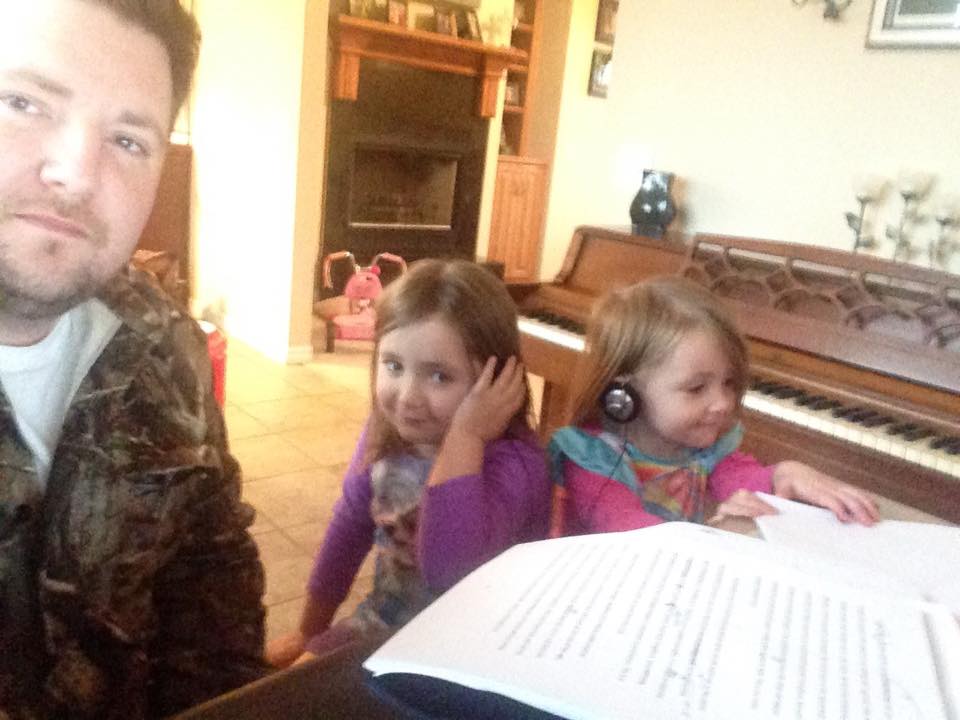
The Ministry of Writing
You Already Have a Writing Team
Like me you are probably trying to build a support team for your writing — a reading group, a…
March 26, 2016
Like me you are probably trying to build a support team for your writing — a reading group, a…
March 26, 2016
Christian nonfiction writers receive all the credit for being the biblical and spiritual teachers. If we want to learn…
January 20, 2016
Last month we looked at writing fictitious, sentient creatures within our own universe. In summary, God has a plan…
August 4, 2015
I’ve been to many writers conferences and even serve on the planning committee of one event, and I always…
August 1, 2015
If you have flown then I imagine you know the feeling. You sit down in your assigned seat and…
July 4, 2015
I went to a meeting just to be nice to my friend, but I heard a phrase I have…
June 17, 2015